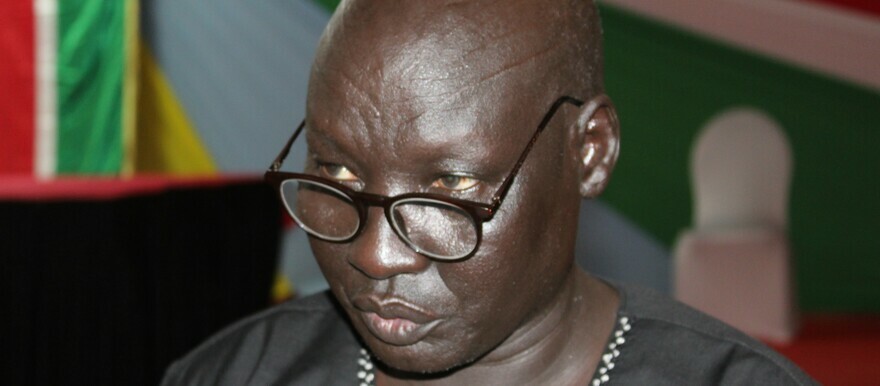South Sudan’s Parliament has issued a plea for patience as they meticulously review the National Security Bill, a vital piece of legislation that holds significant implications for the nation.
John Agany Deng, Chairperson of the Parliamentary Committee for Information, emphasized the need for thorough consideration during a press briefing held in Juba on Wednesday.
“It is a highly technical bill, one that directly affects the lives of our citizens. We are committed to ensuring that this law undergoes a rigorous and comprehensive examination. Rushing the legislative process may lead to unforeseen consequences. We must remember that the laws we create are meant to serve the people. Hastily enacted laws could inadvertently harm the very citizens we seek to protect. Therefore, it is imperative that the law remains impartial and well-balanced,” Agany stressed.
The National Security Bill was initially passed by the parliament in early September, and the Speaker subsequently instructed the National Security Committee to complete necessary amendments within two weeks. However, the bill has yet to reach the third reading stage.
Agany sought to assure the public that the National Security Bill has not been lost in the bureaucratic shuffle. He disclosed that specific provisions, notably Article 54 and Article 55, which previously granted the national security apparatus the authority to make arrests without warrants, have been removed from the bill.
In an effort to shed light on the legislative process, Agany explained, “The National Security Bill is currently within the parliamentary chambers. It is important to recognize the technical intricacies involved in shaping this legislation. This bill is a critical component of the peace agreement, and as such, it has already undergone the first and second reading stages. We are currently in the third reading stage. We ask for your patience, and in a matter of days, we will present it for final deliberation.”
Agany also addressed a pivotal point of contention within the bill, namely the authority to arrest individuals. He stated, “A major point of debate in this law pertains to Article 54 and Article 55, which previously granted national security entities the power to arrest individuals in South Sudan. While some argue that it is not the role of national security to carry out arrests and contend that such responsibilities should fall under the purview of the police, others raise concerns about crimes against the nation, such as treason. In cases where individuals are planning acts against the state, who should be responsible for making arrests? Is it the police or the national security apparatus?”




